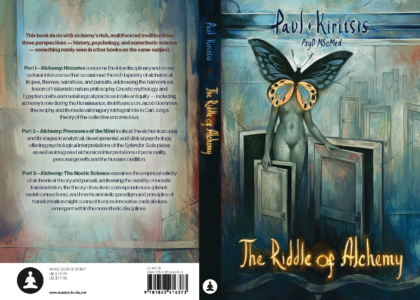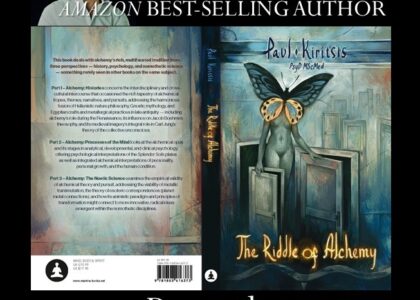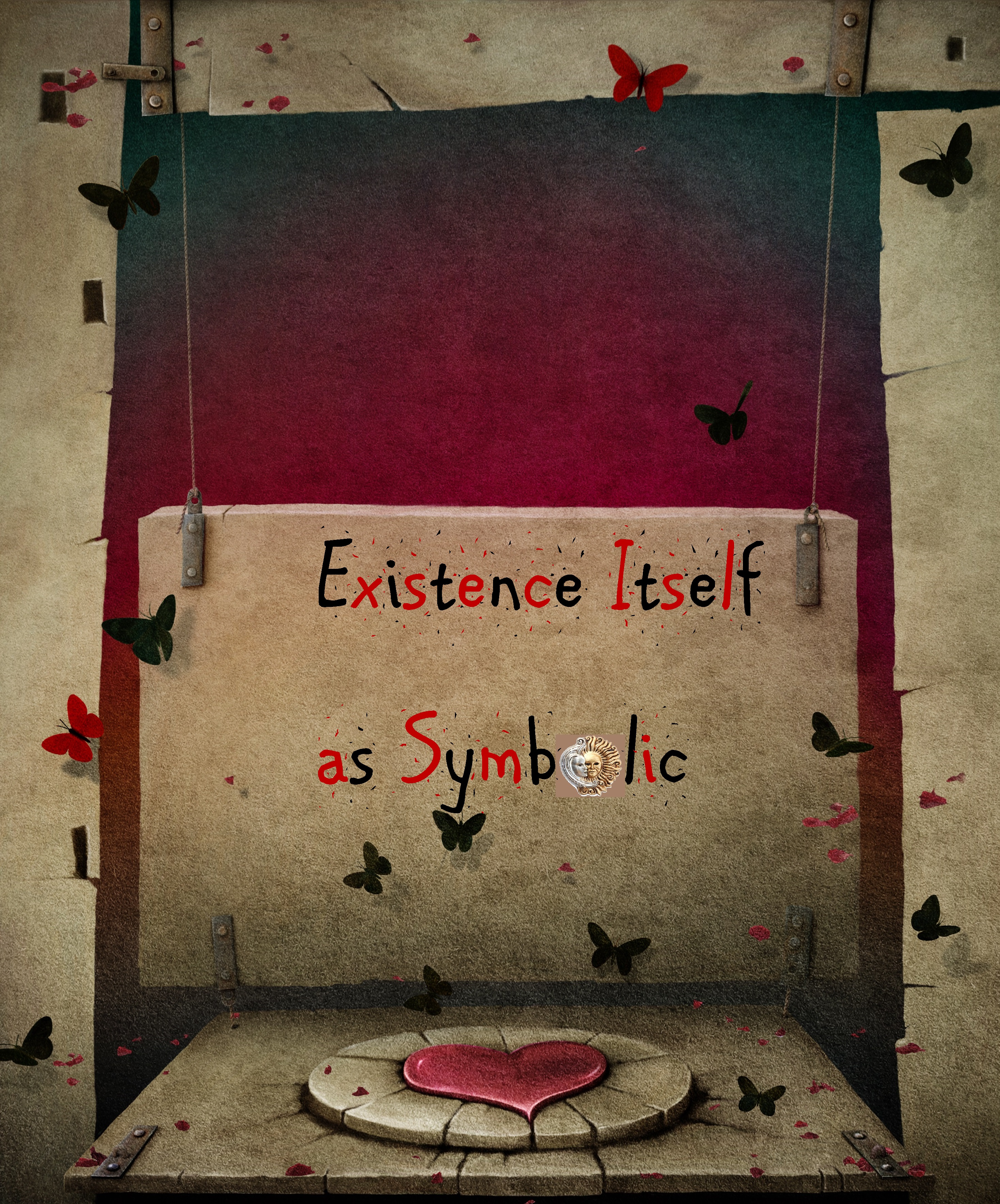
he fabled continent made its one and only appearance in Plato’s The Dialogue of Timaeus and Critias, a treatise in which the pre-eminent father of Western thought performed a critical dissection on politics, the perfect state, and governing bodies in general. In all likelihood, the trials and tribulations of Socrates left such a lasting impression on Plato’s psyche that it motivated a dissertation of this nature. He held Socrates in the highest regard, and the realization that any man’s attempts to improve the prevailing sense of justice through moral and social criticism could be the cause of his own demise would have fuelled Plato’s suspicion that the dishonest and uneducated had been allowed free reign in the political arena. This prompted a subtle and very calculated inference that only a society governed by a form of enlightened authoritarianism, perhaps one ruled by an amiable priest-philosopher or king, would survive and prosper. He used Atlantis as a plot device to illustrate and bring his philosophy to life, describing it as an affluent metropolis and kingdom which rose to eminence. The powers-that-be stepped in and instigated a natural disaster after it threatened to subjugate the other nations of the world, sinking the continent to the bottom of the ocean in one day and one night as punishment for its hubris. In this light, Plato’s legend of Atlantis does much to capture the ideal of how political theory affects the historical fortune of a state once it has been put into practice. Further, it also elucidates that the enlightened authoritarianism best able to facilitate this outcome was epitomized by the state of Athens, not Atlantis.
What baffles most with this affair is whether Plato based his vision of Atlantis on prescribed facts alone or whether he exaggerated details of cities and tales with which a man of his time would have been familiar. Thus far, the archaeological and anecdotal evidence churned up is little and inconclusive. The only thing which remains certain is that an advanced Bronze Age civilization in the Mediterranean once thrived before Plato’s time and had been partially annihilated by a volcanic eruption from the nearby island of Thera—that of Minoan Crete. This is in complete harmony with the most popular theory in the circle of archaeology today. Formulated by the combined efforts of Galanopoulos and Marinatos, it purports that the legend of Atlantis is merely a confused memory that followed the Theran eruption which blew the Minoan colony on the small volcanic isle to smithereens and flattered the Minoan palaces on Crete. There are uncanny similarities between the topography of Thera and Plato’s physical description of Atlantis, so it stands to good reason that the Egyptian priests who propagated the legend may very well have made a connection between the ash and tsunamis that visited Egypt after the cataclysmic eruption and the subsequent loss of contact with their trading partners, the Minoans. Consequently, the tale of the great nation of Etelenty―Atlantis—came into being.
But for Minoan Crete and Thera to be Atlantis one must discount pivotal details which pertain to dating, time, location and measurement, and assume that much of the knowledge was either lost in translation by the Egyptian scribes―who made and kept multiple copies of the historical accounts―or was mis-transcribed by Solon himself when entrusted with the information by Sonchis, the chief priest of Sais. Ultimately, the most problematic discrepancy would be the very notion that, unlike Atlantis, both Minoan Crete and Thera neither waged war against Athens nor perished beneath the waves of the sea. To add to the discord, Minoan Crete held a legacy of its own as both the cradle of Hellenic civilization and the progenitor of a Golden Age long since lost. It also possessed an intricate web of folklore and mythology centered on the labyrinth and Minotaur with which the other subclasses of Hellenes were already familiar. For that reason it makes little sense why Plato would have knowingly confounded ancient Cretan folklore with an antediluvian account of an entirely different civilization. In retrospect, the plausibility of the aforementioned theory holds up only if we reject Plato’s account as a mistaken or wild embellishment of historical truth and as a worthless theory which must continuously shun evidence to stay alive.
Atlantean romanticists often claim that Plato always made use of real historical lore to illustrate his philosophies; never fiction. In the minds of the believers, this validates the existence of Atlantis. On the other hand, it can always be argued that there’s a first for everything because, contrary to variant misconceptions, Plato wasn’t a historian; he was a philosopher. In all likelihood Plato probably never intended the dissertation on Atlantis to be taken at face value; it was merely a moral fable, drawing on true accounts of historical events to illustrate a philosophical or ethical truth. A masterful equivalent of contemporary times is Phantoms (1983 ce), a supernatural thriller in which novelist Dean Koontz forges a believable connection between mass disappearances (Roanoke Island, the Eskimo village of Akjikuni and many Mayan settlements) and an entity of his very own vivid imagination called the shape-changer. The latter was a subterranean creature of amorphous and translucent flesh which mimicked the god Proteus and the nymph Thetis in its talent to assume the form of any creature it ingested. Moreover, it had existed for time immemorial and could morph into life forms which had become extinct over millions of years ago. As a metaphor, the shape-changer exaggerated the malevolence and brutality that could poison the personal and collective consciousness of humanity and reflected it back onto the readers of Phantoms in the manner that Atlantis had done for the audience of The Dialogues of Timaeus and Critias twenty-four centuries beforehand.
The most compelling evidence juxtaposing the case for Atlantis is the complete absence of evidence altogether. Archaeology remains curiously silent on the matter as well. No inscriptions, remains, artifacts or geological traces have ever come to light to support Plato’s fable, let alone prove it. Unfortunately, this doesn’t do much to deter believers who argue that the absence of evidence doesn’t necessarily denote non-existence. Many academics and scholars remain open to the possibility that tangible ruins of a primordial mother kingdom may have been lost in the wake of ancient civilizations such as Sumer, India, and Egypt. Yet such deductive reasoning only yields more questions than answers. Just as many legendary lands firmly rooted on the iron-rich, fertile soil of the volcanic imagination, evidence of winged serpents and griffins has yet to be found. Logically, that doesn’t mean people should have any reason to theorize their existence. Why should Atlantis be the exception?
They say all roads lead to Rome, but for the more eccentric thinkers among us they seem to lead more to Atlantis. If Plato were still alive, he’d he undoubtedly be truly amazed and somewhat disconcerted by the hundreds (if not thousands) of books in circulation about a wildly exaggerated version of the same island continent he penned in his half-finished philosophical dissertation in 360 bce. In retrospect, there is a double irony that immediately becomes obvious here. Who would have thought that an unfinished manuscript would go on to become Plato’s most celebrated work? Stranger still, who would have thought that the Atlantis he used as a plot device to bring to life his ideal republic would be the same one cast in a much more favorable light as the archetype of Utopian ideals thousands of years after his death?
The revival of Atlantology stretches way back to 1882 ce, to the life and times of u.s. Congressman, populist writer, pseudo-historian and amateur scientist Ignatius Donnelly. In his internationally best-selling book, Atlantis: The Antediluvian World, Donnelly popularized a theory that all cultural milestones achieved by the ancient civilizations of Mesopotamia, Egypt, the Indus Valley and Arabia, as well as Central America and Peru, could be attributed to a single progenitor. He used cross-cultural similarities between the myths, religions, and esoteric symbols of these lands to substantiate his belief in euhemerism, the conviction that folklore commemorates true accounts of historical events. His vision incited such widespread national and international appeal amongst the masses that it wasn’t long before alternative and controversial views of evolutionary history arose to challenge the conventional one held by academics and archaeologists throughout the world.
As unlikely as it sounds, Donnelly’s claims were the catalyst for the ‘Atlantomania’ that seized human consciousness late in the nineteenth, twentieth and twenty-first centuries and underpinned the core beliefs of other literati who concerned themselves with diffusionist theory. According to Helena Blavatsky and the Theosophists, Atlanteans had acquired the wonders of supersonic flight and owed their highly-evolved spiritual and scientific methods to extraterrestrial visitation. Others such as Edgar Cayce and Rudolph Steiner built their versions of the lost continent on the basis of visions they’d acquired via occult means of astral travel. Claiming to have accessed the ‘Akashic aether’, these mystics claimed that Atlanteans were soft and pliable like copper because they didn’t have skeletons. More so, they exhibited an exceptional command of the life force within and were thus able to convert the vital energies of all living things into useable power sources. Ultimately, the technologically advanced super-civilization described in painstaking detail by both Cayce and Steiner make Donnelly’s Atlantis look like an obsolete, Paleolithic prototype by comparison.
Nowadays, Atlantis is regularly cast as a setting for sci-fi/fantasy novels that prominently feature dark crystals, flying vehicles, pyramids, psychokinesis, telepathy and other paranormal abilities. It has even squirmed its way back into the peripheral vision of academia in the guise of diffusionism, a school of thought influenced by Donnelly’s thesis which presupposes that all civilizations owe their inheritance to an ancient motherland. Foremost of the twenty-first century proselytes has been Graham Hancock whose book, Heaven’s Mirror (1998 ce), is built upon the belief that the advanced mathematical and astronomical knowledge that enabled the orientation of all ancient temples to stars and constellation groups points to a common origin for all peoples. He never quite names the great mother civilization to which he attributes all metaphysical, scientific and technological sophistication, though it exhibits such striking parallels with Plato’s lost continent that it might as well be Atlantis.
While it remains true that in modern times Atlantis has been recast as a long-lost Utopia in which perfect union can be achieved with Divine Providence or the Creator, it may also be construed as emitting forewarnings of imminent doom. The moral behind Plato’s story appears to be that even the most evolved of civilizations can end in calamity, chiefly because the human predisposition for greed coupled with rapid advances in technology can go by unchecked. Perhaps the modern obsession with the age-old archetype of Atlantis finds its route in the environmental crisis facing the earth today. One need only look at the post-industrialized Western world with its consumerist values to understand the scope of our predicament. As it stands, the earth is struggling to cope with such a drastic increase in raw material consumption because, as well as population growth, the will of capitalism is to acquire more while paying less, all at a time when third-world countries are striving to raise their own standards of living to meet their own needs. Consequently, problems ranging from global warming, water shortages and deforestation, along with disappearing biodiversity and soil fertility degradation, are set to degenerate further in the next few decades as we flirt openly with resource exhaustion.
Throw the rapid proliferation of religious extremism and terrorism that have unraveled in the past decade into the mix, (i.e., the station bombings in Madrid and London and the horrific events of September 11th) and what you have is a ticking time bomb. Rapid overdevelopment of the technological and industrial aspects of our civilization and political instability have also seen countries like the United States and Iran go into overdrive with their production line of weapons of mass destruction, tainting our horizon with the very real possibility of nuclear war. Atlantis illustrates the consequences of such an outcome, serving as a flashing beacon to deter our wandering descendants from marooning themselves onto the fringing reef of our savage past.
Today I’ll be concluding my discussion with a poem linking Atlantis to the fate of America. It appears in Sensations Magazine, 21st Century America Issue 48, Fall/Winter 2010.
Atlantis: The Last Inheritance of America
This poem is written decades after the civilisation fostered by the United States of America has been completely devastated by Biblical floods. It is written from the perspective of a twenty-second century philosopher who attempts to forge an inexplicable connection between the tragic fate suffered by the United States and that of Plato’s Atlantis.
All roads once led to Rome,
but on the dawn of this
twenty-second century
they’ve changed their ways
and now pour themselves
into vials of threefold American Romanticism–
Is America the Atlantis that addresses
the consequence of human evolution?
Is it a resounding metaphor for the future?
Or perhaps the locus classicus
of a Golden Age to hark back to?
The archaeologist’s trowel
keeps unearthing stones gilded and inscribed
with symbols and letters
that betray the existence
of a highly advanced supercivilisation,
but when asked about the Enlightenment
sparked by George Washington
the stones plead apathy
and refuse to speak.
‘Is the absence of evidence of Enlightenment
synonymous with evidence of absence?’
beings of the New Race always ask me.
The more hopeful amongst them
always go the way
of threefold American Romanticism,
an ideal which just can’t seem
to get its head around
the conviction that any theory
which continuously shuns evidence
to stay afloat in a stormy sea
is one not worth saving
from the waves.









